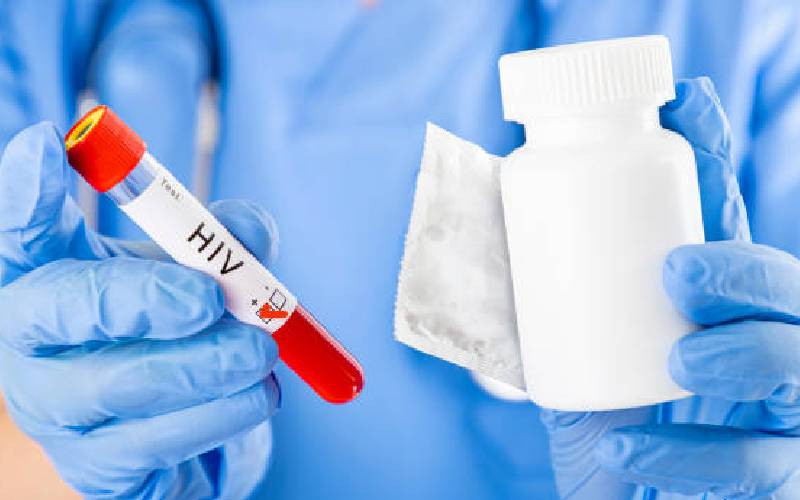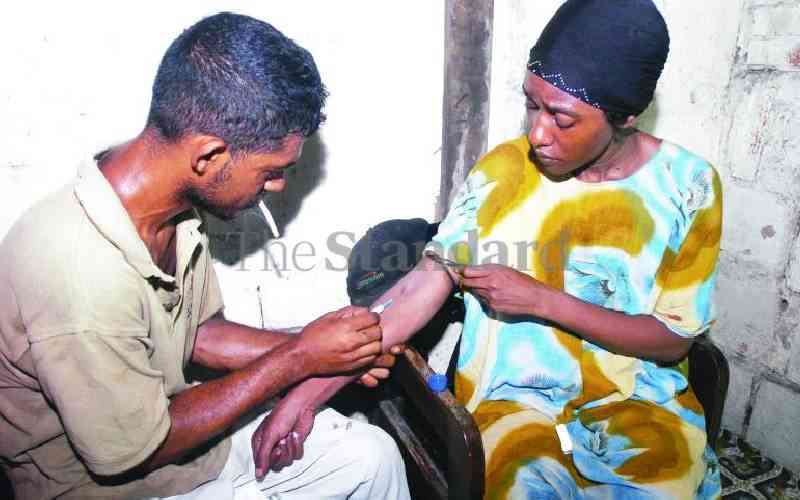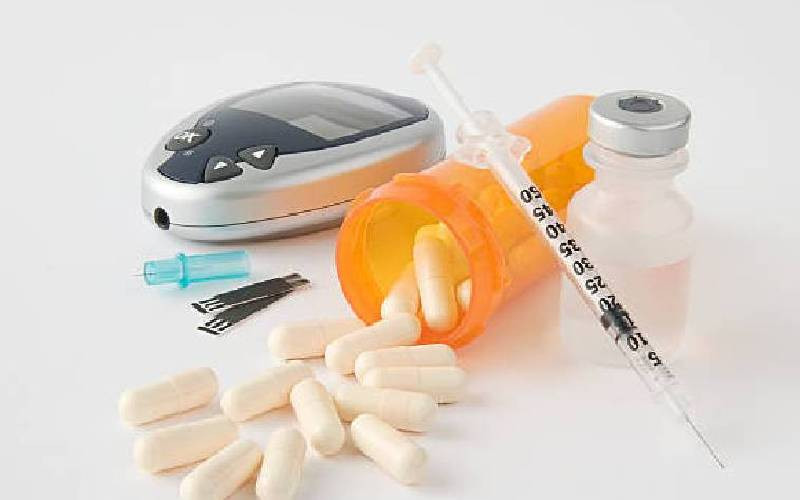
Sleeping under treated mosquito nets has proved to be an essential way to prevent malaria, even as the health ministry has adopted other proactive measures to fight two other killer diseases; tuberculosis and HIV/Aids.
According to the 2022 Kenya Demographic and Health Survey, at least 54 per cent of households in the country own insecticide-treated nets (ITNs), an increase from 40 per cent in 2015.
Of these, 37 per cent of households had at least one mosquito net for every two members.
"ITN ownership has been fairly steady since 2008-09, with at least half of households owning one mosquito net, except for 2020, when 49 per cent of households owned an ITN.
"Fifty-one per cent of children under five and 45 per cent of pregnant women slept under an ITN the night before the survey," the report says.
Ownership of mosquito nets is higher in rural areas (64 per cent) compared to 41 per cent in urban areas.
At least 57 per cent of children in rural areas slept under an ITN compared with 40 per cent of children in urban areas.
The survey shows that ownership of ITNs is higher in the lake and highland regions where malaria is endemic, at 63 per cent, and lowest in regions where malaria only poses seasonal risk, at 18 per cent.
- WHO: Liberia, Benin, Sierra Leone roll out malaria vaccine
- Ministry issues cholera alert amid floods, medics' strike
- The politics of Kenya's health sector over the last 20 years
- Dozens of cholera cases reported in flood-hit Kenya
Keep Reading
According to the report, tuberculosis (TB) remains a major health concern in Kenya and is associated with high levels of morbidity and mortality.
"Awareness of TB is almost universal in Kenya; 97 per cent of women and 98 per cent of men ages 15 to 49 have heard of TB," the report says.
Data shows that only one per cent of both women and men were diagnosed with TB prior to the survey.
Misinformation, however, is the main barrier in the fight against TB, with five per cent of women and four per cent of men believing that people who contract TB are those living with HIV.
Meanwhile, even as the country works towards increasing uptake of HIV testing, treatment and lowering of viral loads, only slightly more than half of people know about HIV prevention.
Knowledge of how HIV is transmitted is crucial, according to the report, more so among young adults because they have shorter sexual relationships, with multiple partners, or engage in other risky behaviours.
In 2020, Kenya attained the global target of 90:90:90, which means that 90 per cent of people living with HIV know their status, 90 per cent of people living with HIV are put on anti-retroviral treatment, and 90 percent of those on treatment have suppressed viral loads.
 The Standard Group Plc is a multi-media organization with investments in media platforms spanning newspaper print
operations, television, radio broadcasting, digital and online services. The Standard Group is recognized as a
leading multi-media house in Kenya with a key influence in matters of national and international interest.
The Standard Group Plc is a multi-media organization with investments in media platforms spanning newspaper print
operations, television, radio broadcasting, digital and online services. The Standard Group is recognized as a
leading multi-media house in Kenya with a key influence in matters of national and international interest.











